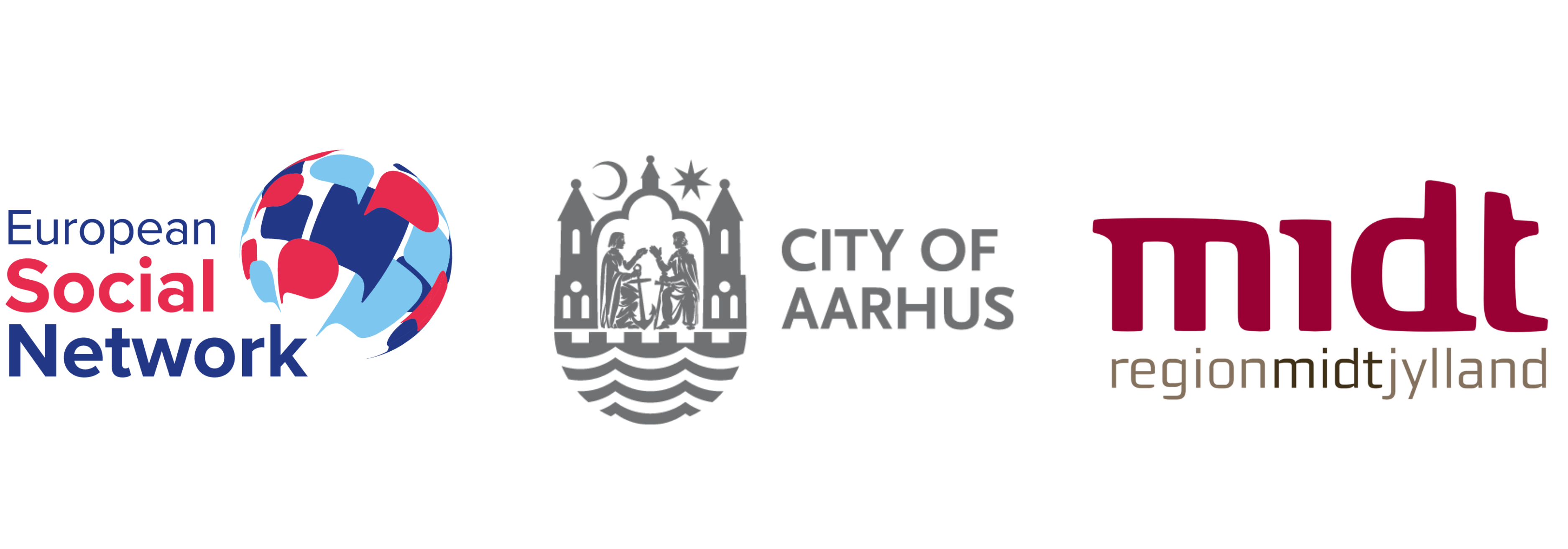Opening Session: Empowering Communities, Transforming Lives
- 26/06/2024 11:00 - 11:25
- Room: Queen Elisabeth Hall
The Opening Session is led by Christian Fillet, Chair of the European Social Network, who will be accompanied by representatives from the City of Antwerp, Belgium, conference host in 2024, and the European Commission.
Moderator

Chair of the European Social Network
Presenters
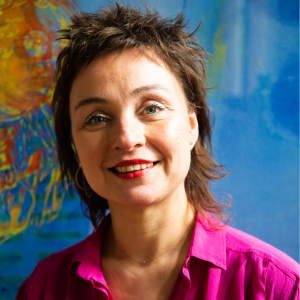
Vice-Mayor and Alderwoman for Social Affairs, Poverty Reduction, Social Economy, Environment, and Honorary Services, City of Antwerp, Belgium
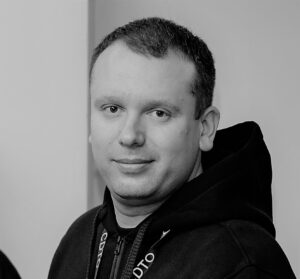
Deputy Minister for Social Services Digital Transformation, Ukraine
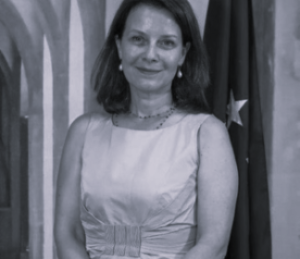
Director for Support to Member States’ reforms, Directorate-General for Structural Reform Support, European Commission
Thematic Address
- 26/06/2024 11:25 - 11:50
- Room: Queen Elisabeth Hall
Presenters
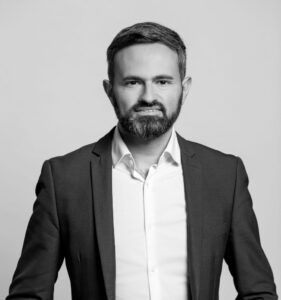
Co-creating Future Social Services

Deputy Minister for Social Services Digital Transformation, Ukraine

Communities at the Centre of Co-creation
PLENARY Sessions
Plenary 1: Co-creation for Organisational Change in times of Crisis
- 26/06/2024 12:20 - 13:30
Co-creation is a crucial strategy for organisational change, fostering resilience and innovation. By involving the relevant agencies, the workforce and peoples using services in design, delivery and evaluation, organisations can harness diverse perspectives and expertise, leading to more effective and adaptable solutions. Co-creation promotes a sense of ownership and commitment among participants, enhancing morale and collaboration. This collective approach is particularly crucial in times of crisis, ensuring that the responses are well-rounded, addressing real-time challenges while also paving the way for sustainable, long-term improvements.
At this session, we will understand the importance of making organisations more human-centric so services can be reorganised to better respond to the needs of people and communities. This is particularly relevant in context of emergencies caused by migration flows fleeing the war or climate change disasters, examples of which the audience will learn about in this plenary. The inclusive approach promoted by co-creation ensures that responses are grounded in the real needs and experiences of those directly impacted, fostering more effective and sustainable strategies.
Presentation Language: English
Interpretation Languages: German, French, Spanish, Italian
Room: Queen Elisabeth Hall
Moderator

Chief Executive Officer, European Social Network
Panellists
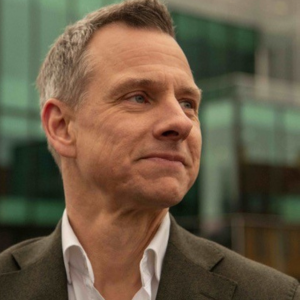
Founder, Transition Collective, Denmark

Deputy Minister for Social Services Digital Transformation, Ukraine
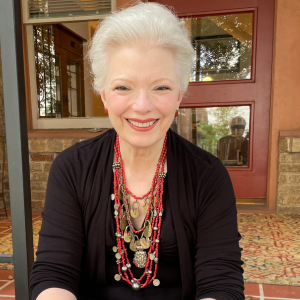
Expert Practitioner in Community Development and Long-term Resettlement, USA
PLENary 2: Co-creation and Digital Inclusion
- 27/06/2024 11:30 - 12:45
Co-creation and digital inclusion are two intertwined concepts that, when combined, can foster innovative solutions to address social challenges while ensuring that all individuals have equitable access to digital technologies and opportunities.
Co-creation can be used to design and implement digital inclusion initiatives that address the specific needs and priorities of underserved communities. Involving the community in the co-creation process ensures that digital inclusion efforts are responsive to the unique challenges and opportunities faced by different populations with whom social services work.
Digital inclusion initiatives can leverage co-creation to engage the community in the design and delivery of digital solutions and programmes, access to technology and services powered by it. Co-creation can also be used to develop innovative digital solutions that promote social inclusion, such as online platforms for community engagement, virtual support networks, and digital skills development programmes.
By combining co-creation and digital inclusion, organisations and communities can foster greater collaboration, empowerment, and equity in addressing the digital divide and advancing social and economic inclusion for all.
At this session, attendees will find out about some of the key inter-sections between digital and inclusion, including the impact of artificial intelligence in the social work profession, the application of social robotics in care and its ethical considerations, and the co-design and implementation of digitalisation in local public services.
Presentation Language: English, Spanish, German
Interpretation Languages: German, French, Spanish, Italian
Room: Queen Elisabeth Hall
Moderator
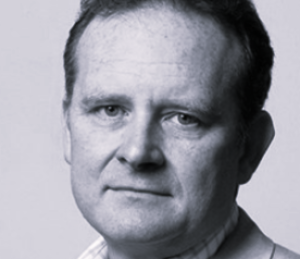
Social Care Commentator and Former Public Services Editor of the Guardian, United Kingdom
Panellists
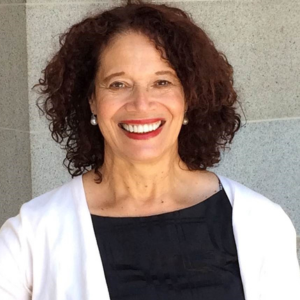
Senior Fellow for Global and Community Strategy, New York University, USA
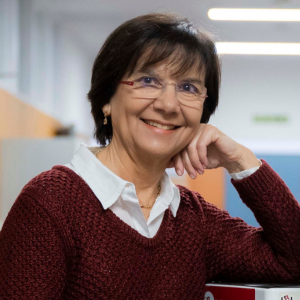
Research Professor, Robotics Institute, Spanish Scientific Research Council (CSIC) – Technical University of Catalonia (UPC), Barcelona, Spain
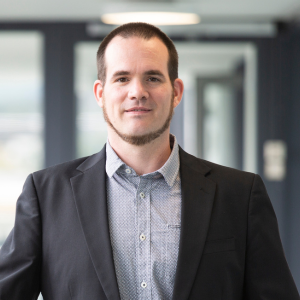
Department Head of Smart City Design, Fraunhofer Institute for Experimental Software Engineering IESE, Germany
PLENARY 3: Co-creating and Managing the Future Workforce
- 27/06/2024 16:45 - 17:30
Looking ahead the social services workforce is likely to respond to today’s challenges through a commitment to innovation, collaboration, diversity, equity, and empowerment in cocreation efforts.
There are several reasons why the social services workforce should engage in cocreation. For instance, by embracing technologies such as artificial intelligence to identify emerging needs, digital platforms to enhance collaboration and service delivery, and analytics to improve decision-making. Or through expanding equity to engage with diverse communities and promote a more inclusive workforce as well as through the involvement of people using social services and the community in participatory design, service plan co-creation, and peer support groups.
At this session, speakers will address how the future workforce is likely to evolve by leveraging emerging technologies, building inclusive partnerships, and empowering communities to address complex social challenges collaboratively. Attendees will learn from reflective theory and social work practice through innovative approaches to social care and the way digitalisation is shaping social services; all of which are essential in building up the future social services workforce.
Presentation Language: English, Dutch
Interpretation Languages: English, German, French, Spanish, Italian, Dutch
Room: Queen Elisabeth Hall
Moderator

Freelance Journalist, Event Chair & Consultant, United Kingdom
Panellists

Social Worker and Innovator, Kirwin Maclean Associates, United Kingdom

Professor, Department of Social Science and Business, Roskilde University, Denmark

Chairman of the Board of Directors, Association of Social Welfare Centres, Flanders and Brussels, Belgium
Closing Session
- 28/06/2024 12.00-13.15
Room: Queen Elisabeth Hall
Presentation Language: English, Spanish, Italian
Interpretation Languages: English, Spanish, Italian, German, French, Dutch
Introductory Ted Talk on Co-producing Socially Inclusive Communities
Presenter
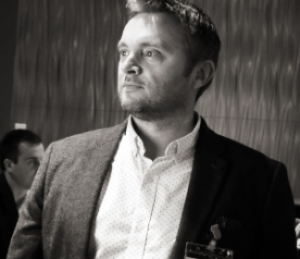
Social Care Commentator and Former Public Services Editor of the Guardian, United Kingdom
Policy Roundtable: Co-production for Sustainable Livelihoods and Communities
Moderator
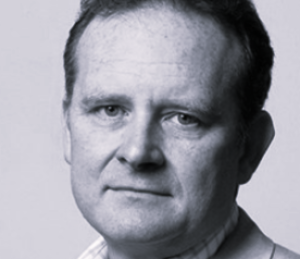
Social Care Commentator and Former Public Services Editor of the Guardian, United Kingdom
Presenters

Director for Social Rights and Inclusion in the Directorate General for Employment, Social Affairs and Inclusion of the European Commission

Independent Expert in Care System Reform and former CEO Who Cares?, Scotland
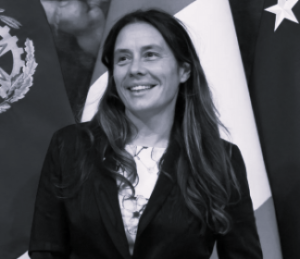
Minister for Disabilities, Italy

Chief Executive Officer, Agenzija Sapport, Malta
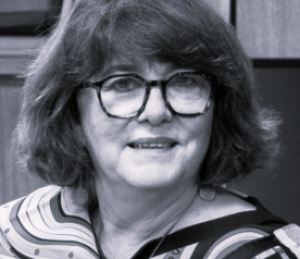
General Director, Imserso, National Institute for Social Services and Older People, Spain
